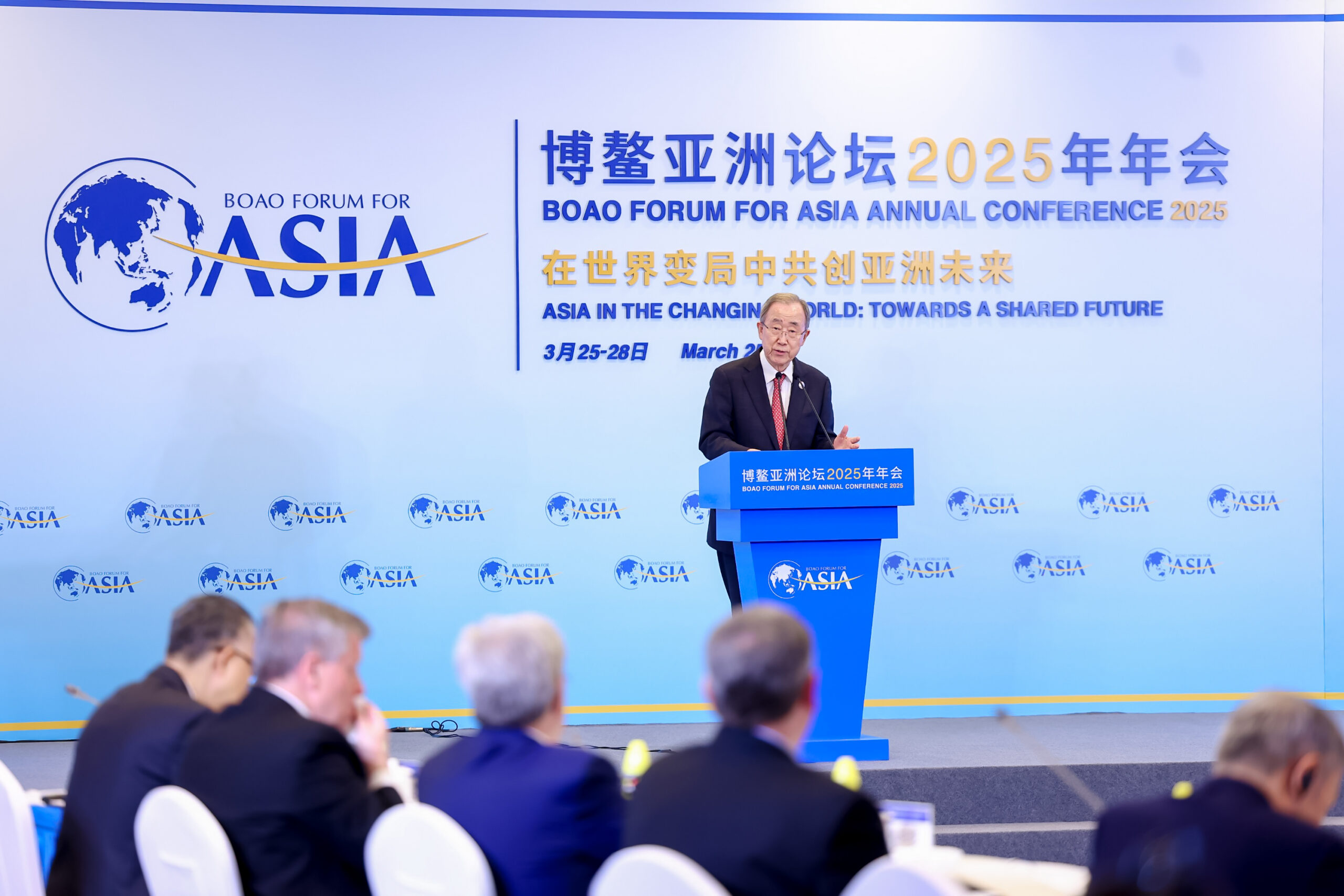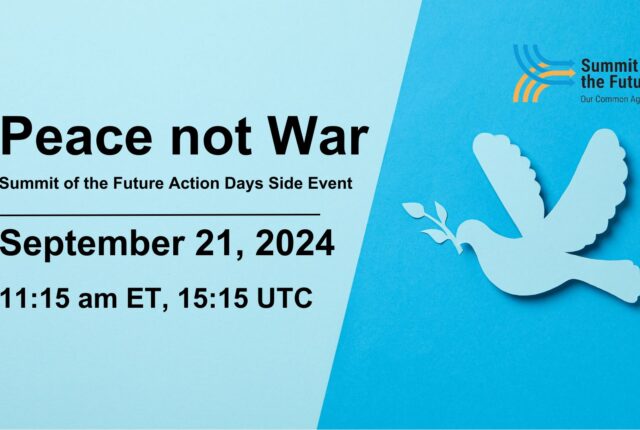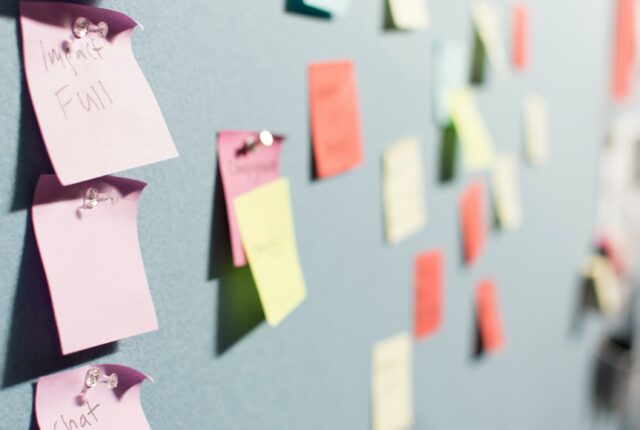Photo: BFA Photographer
By Helen Perham, SDG Academy Communications Coordinator
The Future of Education is Open, Equitable, and Accessible
Following an insightful keynote by Ban Ki-moon, Chairman of BFA Board and the 8th Secretary-General of the United Nations, SDG Academy Director Professor Patrick Paul Walsh joined a roundtable discussion on Accelerating the Implementation of SDGs where he outlined several key contributions and recommendations for advancing the Sustainable Development Goals (SDGs).
The roundtable was organized around five questions:
- How to formulate actionable plans at global, regional, national, and corporate levels, and to fully leverage the roles of international organizations, governments, and civil societies to ensure timely achievement of SDGs?
- How to establish regular review and evaluation systems to monitor progress and promote effective implementation?
- What strategies can be adopted to help developing countries strengthen capacity building to achieve SDGs?
- How can the international community work together to ensure success of the Doha World Summit for Social Development and inject fresh impetus to global social development?
- The Global Development Initiative (GDI) has positively contributed to advancing global sustainable development. How to further strengthen cooperation under GDI to facilitate the achievement of SDGs?
The mandate of the SDG Academy is to promote equitable access to high-quality educational resources around the SDGs, with an emphasis on multilateralism and policy change to support education for sustainable development (ESD). Professor Walsh highlighted two exemplary initiatives at the roundtable: Mission 4.7 and the UNESCO/ SDSN Joint Committee on OER.
Mission 4.7:
Global Citizenship Education is critical to understanding the histories and cultures of other nations. Valuing both nature and people is not only a moral imperative—it’s a practical necessity for building sustainable systems in governance, society, the economy, and the environment. This vision underpins the SDG Academy’s partnership in Mission 4.7, an initiative founded by the UN Sustainable Development Solutions Network (SDSN) in collaboration with the Ban Ki-moon Centre for Global Citizens, UNESCO, and the Center for Sustainable Development at Columbia University.
UNESCO OER Recommendation
The 2019 UNESCO Recommendation on Open Educational Resources (OER) affirms that knowledge should be co-created and freely accessible to support global teaching and learning. Building on this, SDSN and its partners recently published the Dubai Declaration on Open Educational Resources: Digital Public Goods and Emerging Technologies for Equitable and Inclusive Access to Knowledge (UNESCO Digital Library).
This declaration draws on the work of Dr. Tel Amiel, UNESCO Chair in Open Education and Technologies for the Common Good (Brazil), and a research paper by Dr. Javiera Atenas, Senior Lecturer in Learning and Teaching at the University of Suffolk (UK). It also incorporates insights from six regional consultations hosted by UNESCO in preparation for the 3rd UNESCO World OER Congress, titled “Digital Public Goods: Open Solutions and AI for Inclusive Access to Knowledge.” These consultations were generously supported by the Hewlett Foundation and the Mohammed bin Rashid Al Maktoum Knowledge Foundation (MBRF – مؤسسة محمد بن راشد آل مكتوم للمعرفة).
A global knowledge commons on the SDGs is a vital public good. It ensures that education and training can effectively support SDG implementation across all levels of governance and among all stakeholders.



